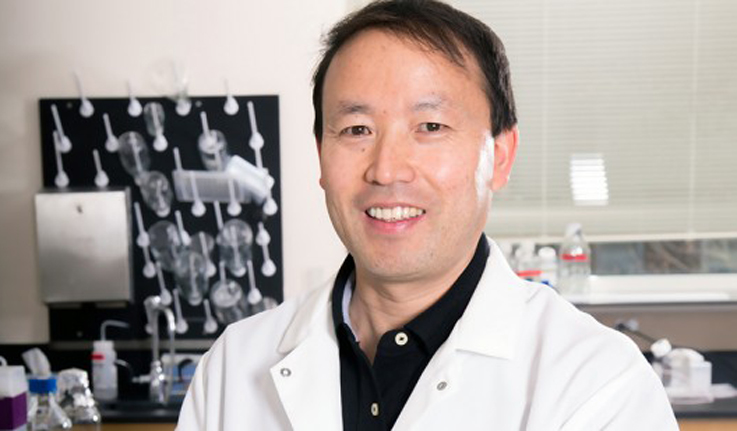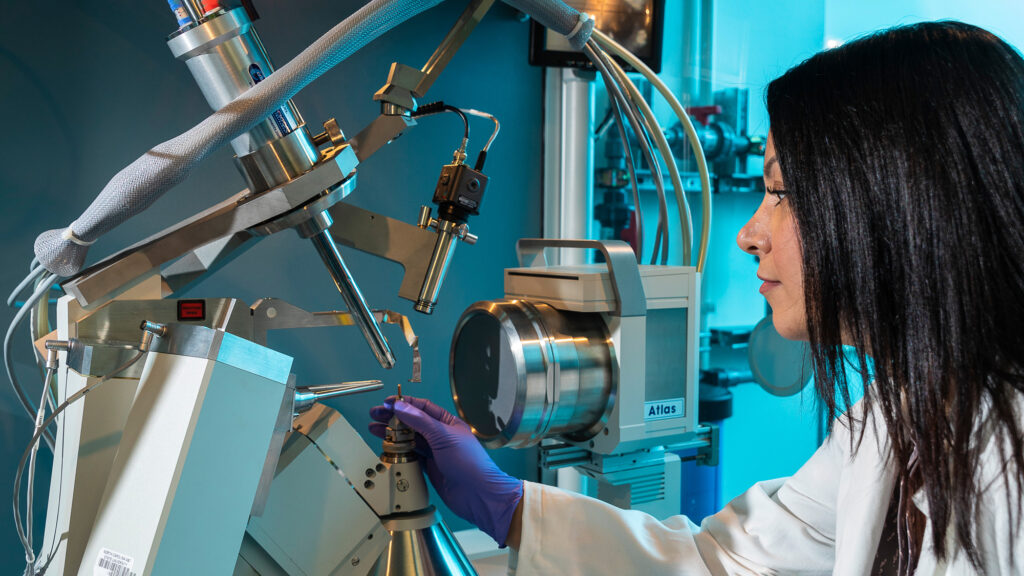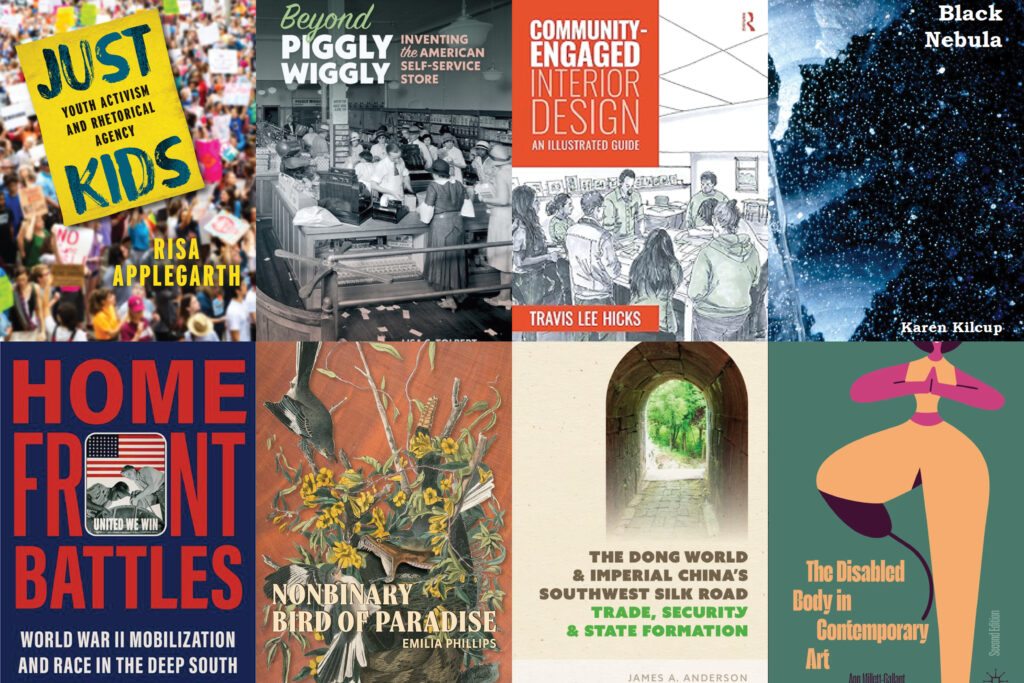It’s no secret that controlling cholesterol levels helps ward off cardiovascular disease, particularly the build-up of plaque inside arteries. But you might not know it’s equally important to control inflammation in blood vessels.
Identifying the best ways to do so can have significant clinical implications. Current treatments require steroids and non-steroidal anti-inflammatory medications, which can produce negative side effects.
That’s where Associate Professor of Biology Zhenquan Jia comes in. With National Institutes of Health funding, he’s investigating whether it’s possible to control tumor necrosis factor-alpha (TNF-α), a cytokine that increases the number of white blood cells that stick to inner blood vessel linings, contributing to inflammation.
“Getting a better understanding of what prompts and what combats vascular inflammation can help us, potentially, reduce the incidence of atherosclerosis,” he says. “The beginnings of atherosclerosis are complicated, but there’s growing evidence that inflammation plays a fundamental role.”
Answering this question is important, he says, because atherosclerosis — the hardening and narrowing of blood vessels — contributes to heart disease, the leading cause of death in the United States.
To search for answers, Dr. Jia is investigating two substances. First, he researched genistein, a plant-derived compound common in foods found in Asian diets, such as soybeans. He has demonstrated, via mouse-model experiments, that genistein reduces TNF-α activity, making the natural compound a candidate to combat vascular inflammation. Jia also found that genistein reduces production of other cytokines that impact how strongly TNF-α influences white blood cell activity.
His next target is a nano-technological strategy to combat vascular inflammation — carbon nanoparticles, called Cdots or carbon dots. Cdots, smaller than 10 nanometers, are an attractive option, he says, because they have low toxicity, can be produced in an environmentally friendly way, and don’t appear to cause negative side effects.
Jia, a toxicologist, initially launched his investigation into Cdots — considered the next “big thing” in nanopharmacology — to see if they would detrimentally affect human health. He was surprised to discover the opposite.
In testing Cdots on human umbilical blood vessel linings, he found that Cdots, like genistein, can reduce the number of white blood cells that stick to blood vessel linings.
“These results suggest there’s potential for an anti-inflammatory action against vascular dysfunction,” he says.
Cdots also offer a second benefit. Jia found they reduce the production of reactive oxidative species, or ROS. Reactive oxidative species, the natural byproduct of oxygen metabolism in the body, ordinarily play a positive role in maintaining the body’s inner balance. But some studies, Jia says, show the body overproduces ROS during times of stress, leading to inflammation and, ultimately, contributing to atherosclerosis.
Based on his preliminary results, Jia has netted a prestigious NIH R15 grant to expand his exploration of Cdots. He hopes using nanotechnology to combat America’s leading killer at the molecular level will reveal new options for patient treatment. “I believe Cdots will pave the way for a new treatment and prevention avenue for patients who face atherosclerosis,” he says.
Learn more at https://biology.uncg.edu.
“Healthy Vessels” by Whitney J. Palmer originally appeared in the spring 2017 UNCG Research Magazine.
Photo by Mike Dickens
Written by Michael D Harris
[Original Story]






